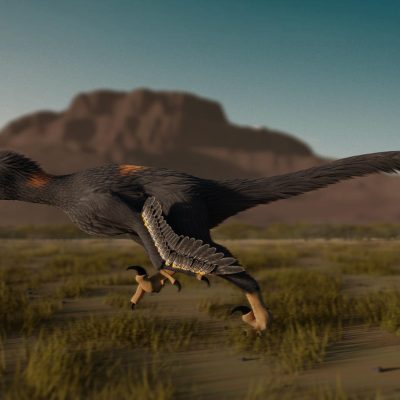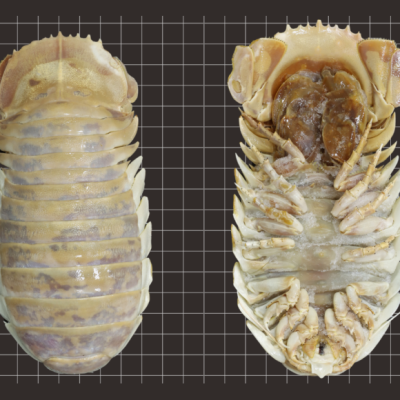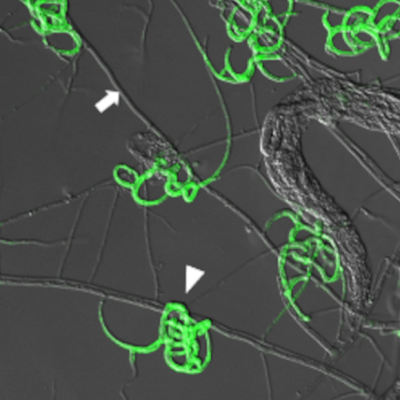In a groundbreaking experiment, biologists at the University of Ottawa have successfully raised Polypterus fish, also known as bichirs or ropefish, on land for eight months. Led by biologist Emily Standen, the team aimed to demonstrate the adaptability of fish to life on land, shedding light on how the first land-dwelling vertebrates may have evolved. While the exact process of how fish first conquered land remains a mystery, the team’s experiment provides valuable insights into the potential for adaptation in aquatic animals.
Polypterus fish are one of the few species that can use their muscular pectoral fins to drag themselves across land. They also possess a quasi-lung that allows them to breathe air. The team raised the fish exclusively on land, forcing them to adapt to the challenges of supporting their full body weight and moving in a different way than they would in water. The experiment resulted in changes to the fish’s behavior and body structure, with the raised fish holding their heads higher and keeping their fins closer to their bodies than their water-dwelling counterparts. Their skeletal structure also adapted to better support their weight on land.
The results of the experiment highlight the potential for environmental challenges to drive changes in anatomy and behavior, revealing a level of developmental plasticity in fish. The team hopes that their findings will draw attention to the parallels between individual fish development and fossil evidence from the ancient past. The experiment also raises the possibility that adaptability like that demonstrated by the Polypterus fish may have facilitated the evolutionary transition to life on land.










